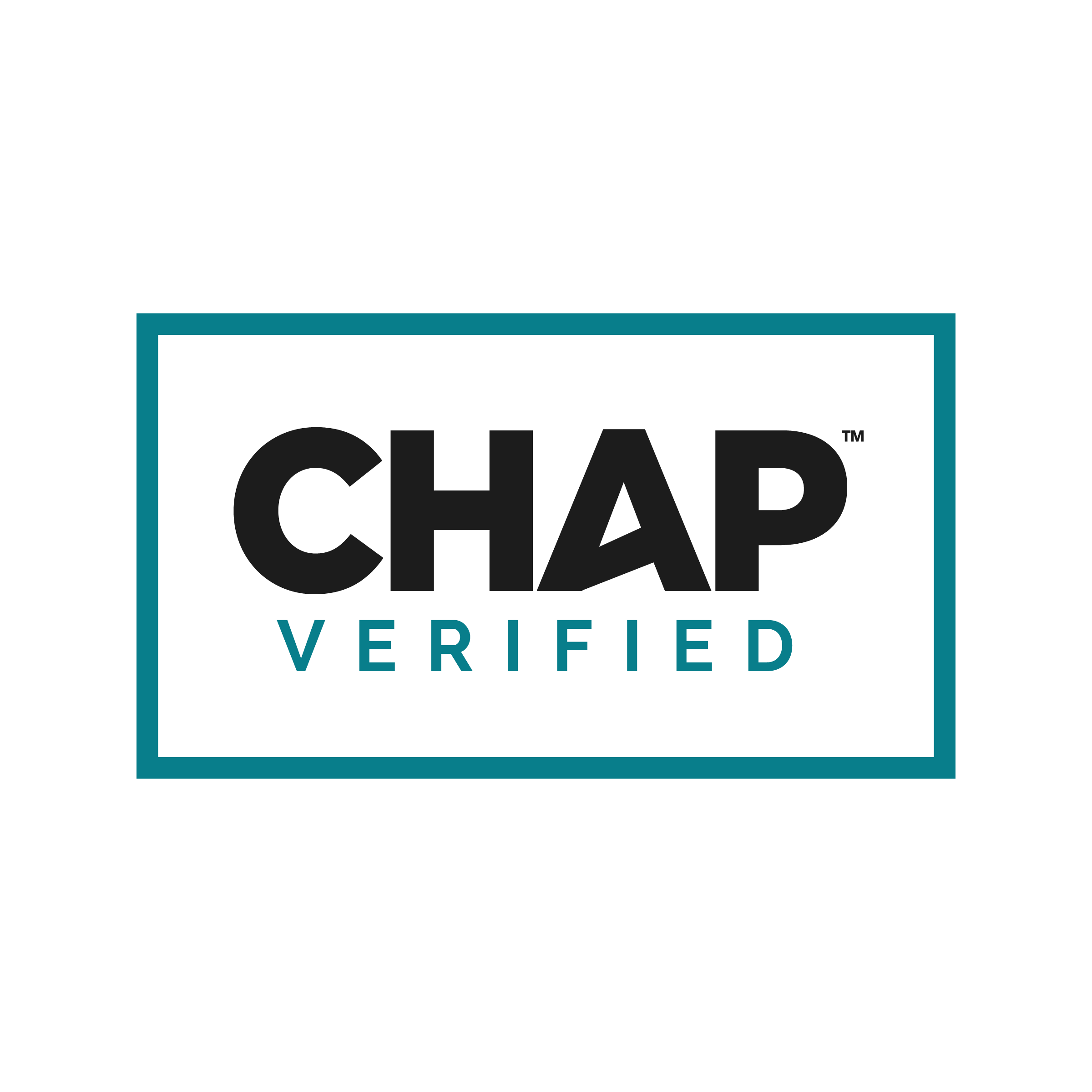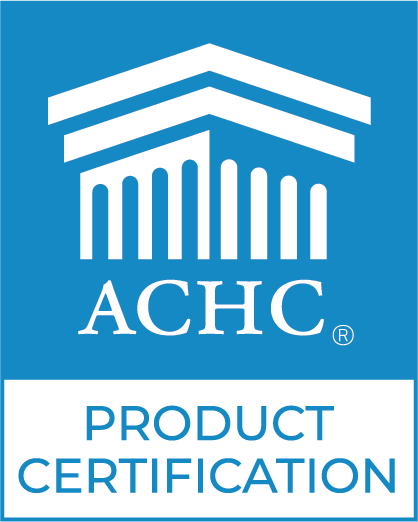|
|
More MA Insurer Audits Mean More Scrutiny on Providers
Modern Healthcare | By Lauren Berryman
Tougher audits of Medicare Advantage insurers could lead them to more stringently review the patient codes providers submit and the physician-enablement companies that help clinicians take on patient risk.
That may dampen the already cool market for value-based primary care startups and digital health businesses, and intensify contract disputes between insurers and companies such as Oak Street Health and Agilon Health, said Jason Silberberg, a partner at Frier Levitt’s healthcare litigation section and co-chair of the law firm’s value-based care litigation group.
“Medicare Advantage organizations are going to do whatever they can to try and offset the major losses they're going to take onto the providers,” said Silberberg, who primarily represents providers. “One way I could perceive that happening is them effectively pushing the fraud narrative on the providers.”
On Feb. 1, the Centers for Medicare and Medicaid Services is slated to finalize the Risk Adjustment Data Validation rule, which would increase the amount of overpayments Medicare Advantage insurers must return to the government. Private Medicare carriers generated an estimated $17 billion through overpayments last year, according to a report the Medicare Payment Advisory Commission, a federal expert panel that makes policy recommendations to Congress, issued this month.
The insurance industry is gearing up to fight the policy. Industry lobbying group AHIP, which declined to comment, reportedly would sue if the rule were enacted as-is. Medicare Advantage heavyweights Humana, CVS Health's Aetna and Centene have also signaled they would fight the regulation in court.
The Alliance of Community Health Plans called on CMS to reopen the comment period on the rule, which has been pending since 2018. “The comments that [CMS is] using for this rulemaking are now several years outdated and therefore require additional review and new consideration,” said Michael Bagel, associate vice president of public policy for the Alliance of Community Health Plans, a trade group for nonprofit insurers.
Insurers could ask a court to stay the regulation, which would delay implementation, Silberberg said. But the sue-to-stop strategy has not been successful so far, he said. The Supreme Court dealt the industry a blow in June when it declined to hear UnitedHealth Group’s challenge to a regulation that makes Medicare Advantage insurers liable for False Claims Act lawsuits when they fail to return overpayments. That opened the door to more Justice Department lawsuits against Medicare Advantage carriers—and providers.
Companies such as Oak Street Health and Agilon Health bear the greatest legal and financial risk if the Medicare Advantage audit process changes, Silberberg said.
Insurers typically pay these risk-bearing providers flat, monthly rates to cover members’ anticipated expenses. Providers that take care of sicker patients, and document more risk codes, receive higher capitated rates. These companies therefore have a financial incentive to capture as many codes as possible, and potentially to exaggerate patient conditions, Silberberg said. Insurers that ink shared savings agreements with these companies often also dispense bonuses when they help reach savings targets.
Read Full Article |
|
Home-Based Care Providers Are Learning When to Walk Away From Medicare Advantage Contracts
Home Health Care News | By Joyce Famakinwa
“You’ve got to know when to hold ’em, know when to fold ’em, know when to walk away.”
Yes, these are lyrics to the enduring Kenny Rogers hit song, but they are also reflective of an idea more and more home-based care providers are applying to their negotiations and relationships with Medicare Advantage (MA) plans.
Jet Health has first hand experience with walking away from a relationship with a big MA plan.
“As a regional provider of home health services, we had to look at those margins and how we best deploy our nurses and our therapists,” Jet Health CEO Stacie Bratcher said Monday during a panel discussion at the Home Care 100 conference in Orlando, Florida. “We were under water with one of our large providers. We had to decide, do we stay in-network with some really poor rates that were under what our per-visit rate was, or do we exit?”
The Fort Worth, Texas-based Jet Health is a home health, hospice and personal care provider that operates in Texas, New Mexico, Colorado and Idaho.
Jet Health leaders asked the MA plan for a rate increase multiple times and were denied multiple times. This prompted the company to exit the relationship, according to Bratcher.
“In that negotiation process, they did come back to us and say, ‘Well, we really value you as a provider, so we’ll give you …’ basically enough to keep us on the hook,” she said. “It was an extremely difficult decision for us because it was a market that we had been in for a very long time — referral sources that depended on us, patients that depended on us.”
It came down to becoming a smaller – but more profitable – business versus continuing to take on these patients on a large scale while losing money.
Now, for Jet Health, it’s been important to keep cost stability top of mind when forming payer relationships.
“Really looking at how comfortable we are with our cost stability — is that going to change in the future, because when you take on these risk contracts, you’re not going to see that upside for a year or more,” Bratcher said. “We don’t even recognize that revenue as revenue, and we defer that until a later point in time.”
Read Full Article |
Medicare to Look More Closely at Antipsychotic Use in Nursing Homes
MedPage Today | By Joyce Frieden
WASHINGTON -- The Centers for Medicare & Medicaid Services (CMS) announced actions on Wednesday that would put greater scrutiny on antipsychotic prescribing in nursing homes as well as let consumers know about citations the homes are disputing.
"President Biden issued a call to action to improve the quality of America's nursing homes, and HHS is taking action so that seniors, people with disabilities, and others living in nursing homes receive the highest quality care," HHS Secretary Xavier Becerra said in a press releaseopens in a new tab or window. "No nursing home resident should be improperly diagnosed with schizophrenia or given an inappropriate antipsychotic. The steps we are taking today will help prevent these errors and give families peace of mind."
CMS said that beginning this month, it will "conduct targeted, off-site audits to determine whether nursing homes are accurately assessing and coding individuals with a schizophrenia diagnosis. Nursing home residents erroneously diagnosed with schizophrenia are at risk of poor care and prescribed inappropriate antipsychotic medications," which are "especially dangerous" to nursing home residents because the side effects can be devastating, and can even lead to death.
Chris Laxton, executive director of AMDA -- The Society for Post-Acute and Long-Term Care Medicine, an association of nursing home medical directors, told MedPage Today that while his group has "always supported accountability around the appropriate use of antipsychotic medications," capturing overall antipsychotic use is a crude measure of appropriate care.
"We know that no two facilities are alike in terms of their patient population," Laxton said. "Some may have a greater need for appropriate antipsychotic prescribing."
He added that there "are patients with dementia and psychosis for whom antipsychotics are helpful and not categorized as inappropriate." He also warned that facilities may become hesitant to take patients with legitimate diagnoses and need for antipsychotics because it will make their overall rate go up and cause increased scrutiny.
"There's certainly a question about inappropriate diagnoses of schizophrenia and antipsychotic prescribing," Laxton said. "On the other hand, we need measures that don't create a situation where nursing homes refuse to accept patients or where diagnoses are driven by a desire not to be penalized."
David Gifford, MD, MPH, chief medical officer of the American Health Care Association/National Center for Assisted Living (AHCA/NCAL), said in a statement that antipsychotic use in nursing homes has fallen by 40% over the last decade, and noted: "In many cases, physicians not directly affiliated with the long-term care facility are diagnosing patients and prescribing these medications."
Read Full Article |
Local Home Health Consulting Company is Recognized by ACHC and CHAP

HHAC Allied Member Advertisement
Amity Healthcare Group is a local home health/home care consulting company with the mission to provide guidance, support, and confidence necessary for home health and home care agencies to thrive and deliver high-quality care and achieve regulatory compliance. The organization provides a variety of services, including consulting, continued education, administrator’s training and clinical competencies, ICD-10 coding, and clinical documentation review. Amity Healthcare Group has been an allied member of Home Care and Hospice Association of Colorado since 2018 as well as a resource to local home health/home care providers.
Our success comes from the high level of expertise of Amity’s team members as well as previous experiences in the industry. The quality of work and products that we offer to our clients is extremely important to us. As the result, we devoted a lot of effort in 2022 to ensure that we deliver an expert quality of service that is recognized by CMS-approved accrediting organizations.
We are happy to announce that we received recognition from both CHAP and ACHC as follows: 

- CHAP verified seal for our Wound Management Program Policy and Procedure Manual
- ACHC certification for:
- Home Health and Home Care (Private Duty) admission packet
- Home Health and Home Care (Private Duty) QAPI program
- Home Health Skilled Nursing Competency Program
For more information about our CHAP and ACHC certified products, please call 303-690-2749 or email [email protected]. Please also visit our website at www.amityhealthcaregroup.com |
The Home and Community-Based Services (HCBS) Utilization Review/Utilization Management (UR/UM) Webpage
About the HCBS UR/UM webpage:
The Department is excited to share a new webpage dedicated to HCBS Utilization Review/Utilization Management.
This webpage will be the landing page for resources related to Children's Extensive Supports, Children's Home and Community-Based Services, Health Maintenance Activities, Over Cost Containment, and Supported Living Services reviews conducted by Telligen.
This webpage will be replacing the resources on the Long-Term Services and Supports (LTSS) training webpage. Case Managers can find information regarding upcoming Telligen Office Hours, Telligen Tip Sheets, Procedure Code Modifier list and more.
This page includes information about:
- Purpose of the HCBS UR/UM program
- Telligen office hours
- Training materials
- Forms and templates
- Memos and guidance
- Program contacts
We hope you'll bookmark the HCBS UR/UM webpage and use it as a handy reference. |
|
|
|
|
<< first < Prev 121 122 123 124 125 126 127 128 129 130 Next > last >>
|
|
Page 125 of 346 |